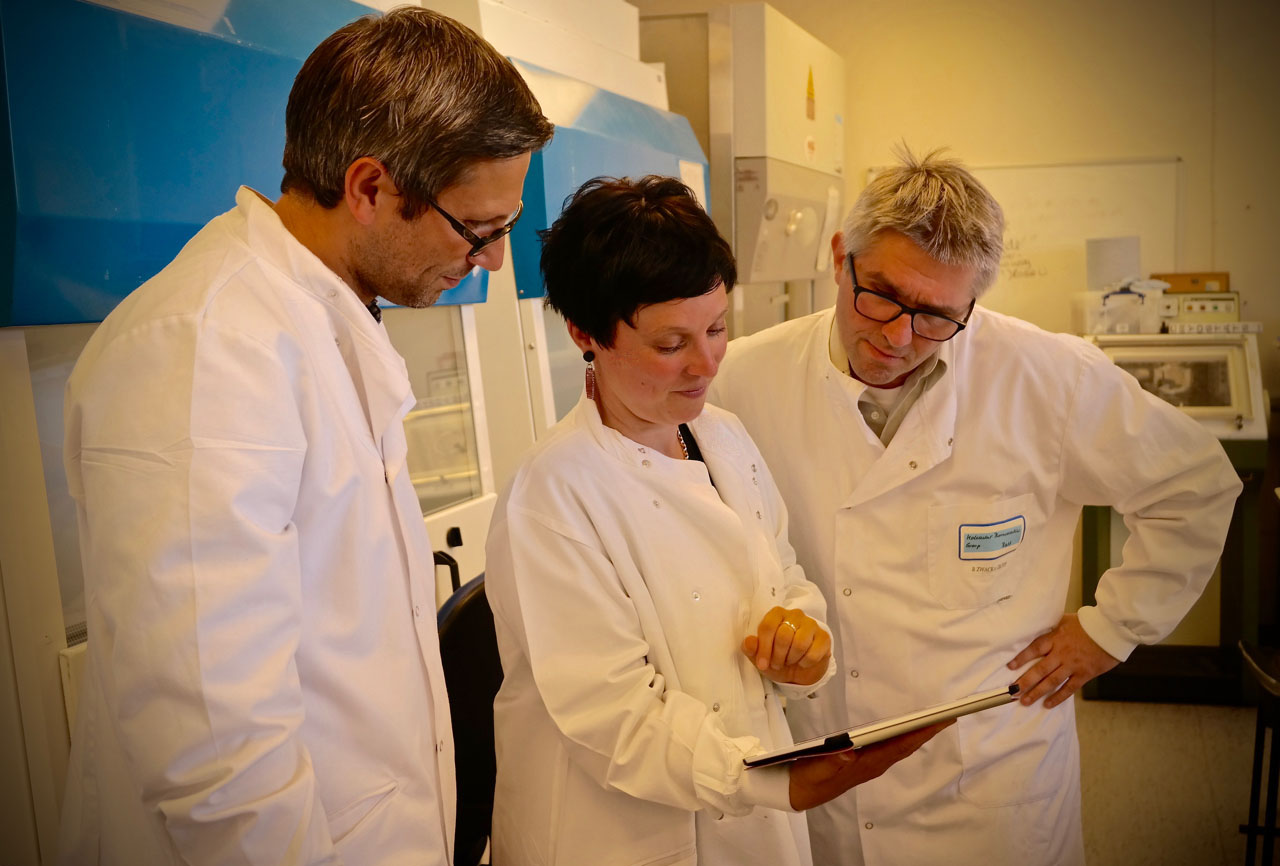We have discovered a novel way of attacking and killing prostate cancer cells by combining the effect of stem cells and of a naturally occurring protein called TRAIL. TRAIL causes cancer cells to die and re-sensitise tumours to treatment. Importantly, TRAIL has been shown to cause tumour death specifically, leaving normal healthy cells and tissues unharmed, thus reducing the risk of side-effects. TRAIL is unstable when injected and hence the difficulty has been in how to deliver this protein to patients.
To solve this limitation, we have been loading mesenchymal stem cells (MSCs) with TRAIL and using them as a “Trojan Horse” to deliver this protein to the tumours. Although this approach is likely to be an effective therapy for all types of cancer, it is of particular relevance to prostate cancer, because MSCs are able to seek out primary tumours as well as those that have spread/metastasised to other tissues such as bone.



.png)

.png)
.png)